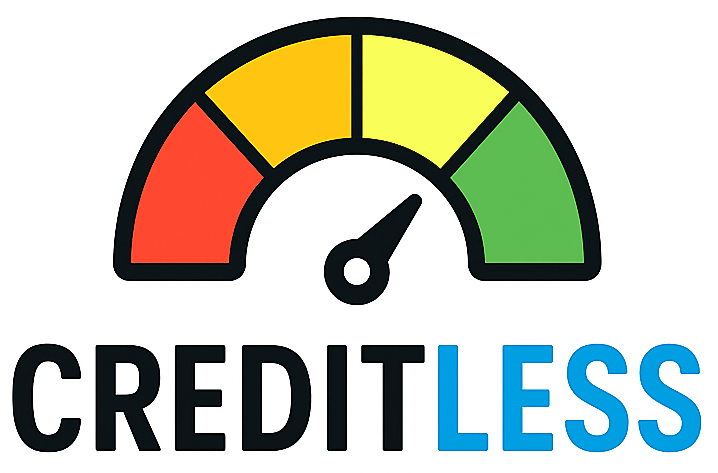When to consider bankruptcy: an overview
If debt collectors call constantly, wages are being garnished, or a foreclosure or repossession is imminent, bankruptcy may be an option to stop collection actions and help get your finances back on track. Filing for bankruptcy triggers an automatic stay, which immediately stops most creditor actions while the case moves through the court system.
This guide explains clear warning signs that it’s time to speak with a bankruptcy lawyer, the basic differences between the two consumer chapters most people use (Chapter 7 and Chapter 13), and practical next steps you can take before you file.
Quick primer: Chapter 7 vs. Chapter 13
Bankruptcy is not one-size-fits-all. Two common consumer options are:
- Chapter 7 (liquidation) — A trustee may sell nonexempt assets to pay creditors and the court can discharge many unsecured debts. Discharges in Chapter 7 cases often occur relatively quickly in the case timeline (commonly within a few months after filing and the meeting of creditors), but the process can mean loss of nonexempt property.
- Chapter 13 (repayment plan) — If you have regular income, Chapter 13 lets you keep property while you repay creditors under a court-approved plan, usually over three to five years depending on your income compared with state medians. During the plan period creditors are generally barred from collection actions.
Which chapter fits you depends on income, assets, and goals. Eligibility for Chapter 7 frequently involves a means test; if you don’t qualify you may be steered toward Chapter 13.
Signs it's time to talk to a bankruptcy lawyer
Not every financial setback requires bankruptcy. But consider scheduling a consultation with a qualified bankruptcy attorney if you see several of these signs:
- Ongoing lawsuits, judgments, or wage garnishment. If a creditor has sued you or a court is garnishing wages, bankruptcy can often stop collection and may discharge qualifying debts.
- Foreclosure or imminent eviction. If you’re behind on your mortgage or rent and a sale or eviction is scheduled, Chapter 13 sometimes lets you catch up through a repayment plan; Chapter 7 can immediately halt foreclosure via the automatic stay (subject to exceptions).
- Repossessions or threats of repossession. The automatic stay can pause repossession efforts — but protect this right by talking to counsel quickly.
- Unmanageable unsecured debt and no realistic repayment plan. When minimum payments cover only interest or late fees and balances keep rising, bankruptcy may be a practical option.
- Collection calls and harassment that won’t stop. Persistent harassment that continues despite your attempts to negotiate is a clear signal to get legal advice.
- Considering debt settlement or long-term bankruptcy alternatives. An attorney can compare outcomes, costs, and timelines so you won’t choose an option that makes your situation worse.
Talking to a lawyer does not mean you must file — it helps you understand options, timing, and realistic outcomes for your situation.
How to prepare for a lawyer meeting and next steps
Bring clear documentation and questions to make your consultation efficient:
- Recent pay stubs, tax returns (last two years), and a list of monthly expenses (to evaluate means test eligibility).
- A list of creditors, balances, and recent collection notices or lawsuits.
- Copies of mortgage or car loan statements and any repossession or foreclosure notices.
- Bank statements and details of expensive assets (vehicles, real estate) and debts with cosigners.
Ask the attorney:
- Which chapter do you recommend and why?
- What debts would likely be discharged and which are nondischargeable (e.g., most student loans, child support, recent tax debts)?
- Estimated timelines, costs (filing and attorney fees), and how my credit report will be affected.
Practical timelines and credit impact: discharge timing for Chapter 7 cases is often within months after filing and the meeting of creditors, while Chapter 13 plans commonly run three to five years. A bankruptcy remains on credit reports — typically up to 10 years for Chapter 7 and up to 7 years for Chapter 13 — which affects borrowing but doesn’t prevent rebuilding credit over time.
Consider alternatives first if possible: negotiating with creditors, a debt-management plan from a reputable credit counseling agency, or targeted debt settlement. But if relief is necessary to stop wage garnishment, foreclosure, or creditor lawsuits, an attorney can help you move quickly and protect your rights.
Final note: Bankruptcy law varies by state and individual facts matter. A short consultation with a qualified bankruptcy attorney or a legal aid organization in your state is the best way to know whether filing makes sense for you.
